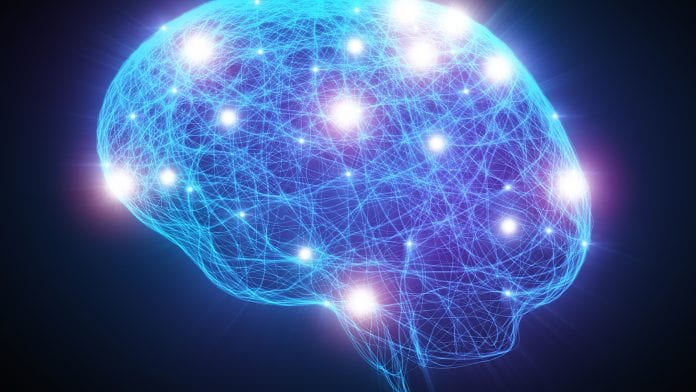
Scientists from the University of York have revealed that a shared set of brain systems may crucially control the recollection of facts and memories.
The research, published in Nature Communications, suggests that these brain systems may help establish a more comprehensive understanding of memory disorders, such as dementia and Alzheimer’s disease – two devastating memory disorders that affect around 50 million people worldwide.
How the brains long-term memory works
The brain’s long-term memory is compartmentalised into two categories; these are the factual memory and memory of personal experiences, two databanks of knowledge that work in tandem to allow us to comprehend and respond to the world around us. Previous clinical and experimental research had indicated that these two memory stores are represented across two separate brain regions, until now.
A new understanding of the brain
Findings from this new research infer that it is instead a shared set of brain regions that perform a crucial role in retrieving weak memories; here, scientists utilised functional magnetic resonance imaging technology to analyse the brain activity of participants when they were asked to recollect facts and personal memories.
Dr Deniz Vatansever, the lead researcher of the study, said: “The new research suggests that despite their functional differences, successfully retrieving weak information from these two memory systems might be dependent upon a shared brain mechanism.
“Our memories allow us to make sense and flexibly interact with the world around us. Although, in most cases, our strongly encoded memories might be sufficient for the task at hand, remembering to pack a beach towel for an upcoming seaside holiday, this strong memory may be irrelevant in other instances, such as when packing for a business trip.
“As such, we need to tightly control the retrieval of relevant memories to solve different tasks under different circumstances. Our results indicate that this control process might be shared across both factual and personal memory types.”
Professor Elizabeth Jeffries, the senior author of the study from the Department of Psychology, University of York, said: “In order to generate appropriate thoughts and behaviours, we have to draw on our memory stores in a highly flexible way.
“This new study highlights control processes within the brain that allow us to focus on unusual aspects of the meanings of words and to retrieve weakly encoded personal experiences. This control over memory allows us to be creative and to adapt as our goals or circumstances change.”
The researchers believe that their study could help develop a novel generation of artificial intelligence systems, which employ long-term memory to solve computational problems.







